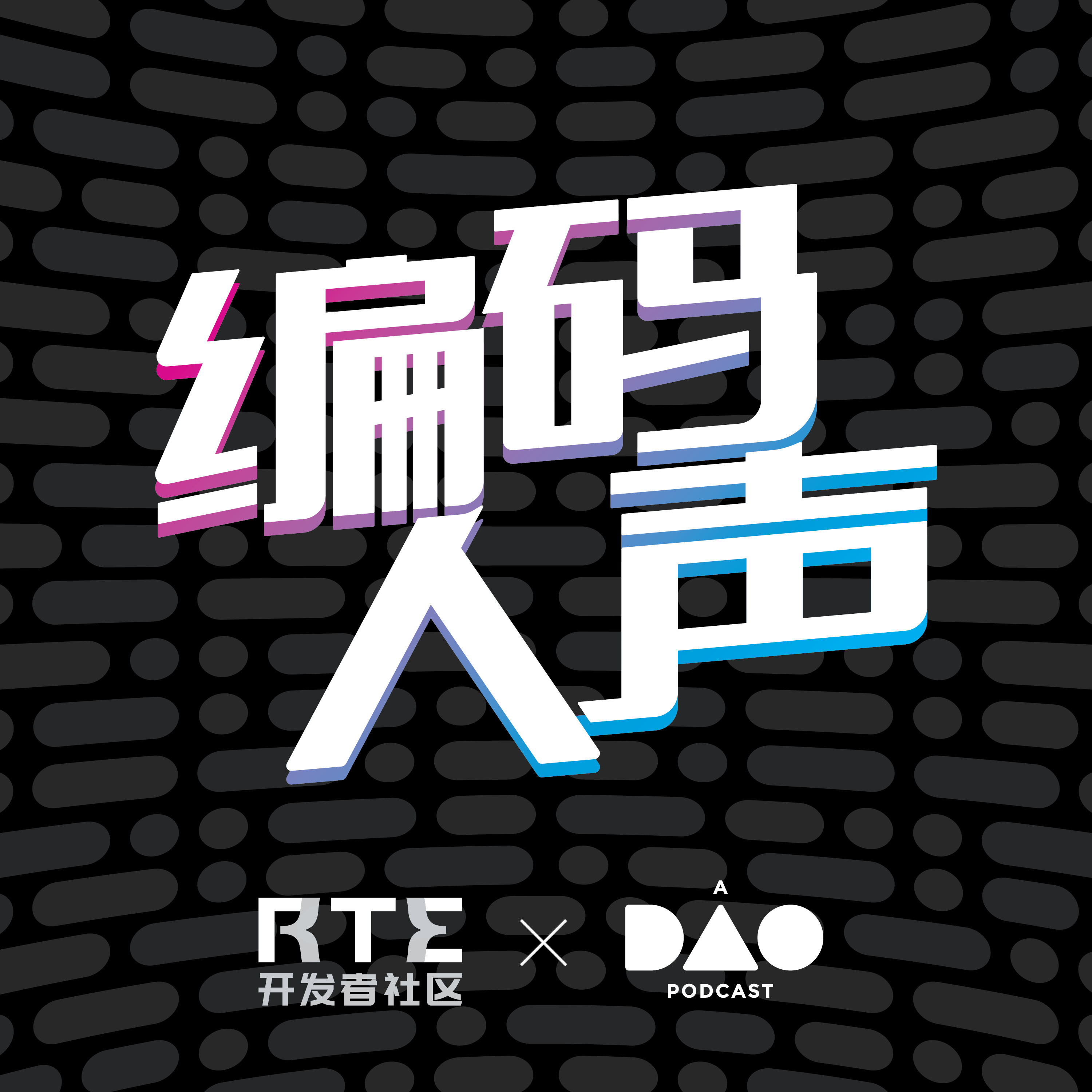
Deep Dive
What are the key trends in the integration of AI and real-time interaction (RTE) in 2024?
In 2024, AI and RTE are deeply integrated, leading to the emergence of more specialized products. These products are driven by active community forces and exhibit a global perspective from their inception. Key trends include the application of AI in real-time interaction through technologies like Voice Agents and multimodal interactions, personalized experiences in vertical fields, and the rise of AI companions in gaming and mental health.
How is AI being used in real-time interaction to enhance user experience?
AI is being used to create more human-like interactions in real-time scenarios. For example, AI agents can now understand context, interrupt conversations naturally, and exhibit emotional responses. This is achieved through advancements in voice modulation, personality traits, and multimodal interactions, making the experience more seamless and personalized.
What are some ethical concerns raised by the integration of AI and RTE?
The integration of AI and RTE raises ethical concerns such as data privacy, emotional manipulation, and the potential for AI to influence human behavior. For instance, AI companions in mental health applications must handle sensitive user data carefully, and there is a risk of users forming deep emotional attachments to AI, which could lead to manipulation or dependency.
How is the gaming industry leveraging AI and RTE technologies?
The gaming industry is using AI and RTE to enhance multiplayer experiences through real-time data synchronization and spatial audio. For example, in XR games, players can interact with each other in virtual environments using real-time voice communication and positional tracking. AI is also being used to generate game music and assist in game design, such as creating dance routines for rhythm games.
What role does the developer community play in advancing AI and RTE technologies?
The developer community plays a crucial role in driving the adoption and innovation of AI and RTE technologies. Communities like RTE Developer Community foster collaboration, share knowledge, and provide resources to help developers explore new applications and refine existing ones. This collaborative environment accelerates the development of real-time interaction solutions and ensures they meet diverse user needs.
What are the challenges faced by startups in the AI and RTE space?
Startups in the AI and RTE space face challenges such as rapid technological advancements, competition from larger companies, and the need to differentiate their products. For example, the release of new AI models like Sora can disrupt existing products, forcing startups to pivot or enhance their offerings to stay competitive. Additionally, startups must navigate ethical concerns and ensure their solutions are scalable and user-friendly.
How is AI being used to assist visually impaired individuals in web browsing?
AI is being used to improve web accessibility for visually impaired individuals through voice interactions and real-time assistance. Companies are developing tools that allow users to navigate websites using voice commands, making the internet more accessible. However, the emergence of large-scale AI models like Claude poses challenges for niche solutions, as they must demonstrate unique value propositions to remain competitive.
What are the potential risks of AI in terms of emotional manipulation?
AI's ability to simulate emotional responses can lead to risks such as emotional manipulation, especially in applications like AI companions or mental health tools. For example, users may form deep emotional bonds with AI, making them vulnerable to manipulation or harmful suggestions. This highlights the need for robust ethical guidelines and safeguards in AI development.
How is AI transforming the mental health industry?
AI is transforming the mental health industry by providing accessible and low-pressure counseling options. AI-powered tools like 'Chat for a While' offer text-based consultations supervised by psychologists, making mental health support more readily available. These tools break traditional barriers, such as limited consultation times, and allow users to seek help whenever needed, reducing the stigma associated with mental health care.
What is the future outlook for AI and RTE integration in 2025?
In 2025, AI and RTE integration is expected to become even more specialized, with a focus on solving niche problems and serving specific user groups. The community-driven approach will continue to play a significant role, fostering innovation and collaboration. Additionally, advancements in AI capabilities will enable more complex and personalized real-time interactions, further enhancing user experiences across various industries.
- AI与RTE深度融合成主要趋势
- AI agent应用广泛,体验更拟人化
- 创业公司竞争激烈,技术迭代迅速
Shownotes Transcript
2024 年,人工智能与实时互动(RTE)技术正以前所未有的深度融合,催生出越来越多细分场景产品。这些产品从诞生之初就展现出全球化视野,并由活跃的社区力量所驱动。本期节目中,嘉宾们将从语音 AI、多人互动游戏等多个场景出发,结合自身的体感和经历,分享鲜活的细节和洞见,为我们呈现一幅生动的行业图景。节目探讨了以下年度趋势:
- AI + RTE 的深度融合: 深入剖析 AI 在实时互动领域的多元应用,包括 Voice Agent、多模态交互等前沿技术。
- 细分场景下的个性化体验: 聚焦 AI 在垂直领域的实时互动应用,探讨如何打造更贴合用户需求的个性化体验。嘉宾们分享了心理咨询、多人互动游戏、视障人士网页浏览辅助、AI 陪玩游戏以及 AI 生成游戏音乐等多个创新案例。
- 技术挑战与伦理思辨: 技术发展的同时,也带来潜在伦理风险,例如数据隐私保护、情感操控等问题。然而,新一代「AI 原住民」的出现,也展现出他们比「互联网原住民」更积极地拥抱 AI。
- 社区共建: 开发者社区在推动技术落地、激发场景创新方面的重要作用。
本期播客录制于 RTE 2024 大会)期间的「《编码人声》线下开放麦」,这是开放麦特辑的第 3 期。
【本期嘉宾和主播】
李冰洁,RTE 开发者社区创业生态布道师俞佳 Yoga ,西湖心辰联合创始人王健 Max ,左目互娱 CEO朱峰,「津津乐道播客网络」创始人,产品及技术专家 制作团队
后期 / 卷圈监制 / 姝琦产品统筹 / bobo联合制作 / RTE开发者社区
关于「编码人声」
「编码人声」是由「RTE开发者社区)」策划的一档播客节目,关注行业发展变革、开发者职涯发展、技术突破以及创业创新,由开发者来分享开发者眼中的工作与生活。录制嘉宾覆盖信通院 & 科委专家、国内外资深投资人、VR/AR & 虚拟人 & AIGC 等新兴技术领域头部创业者、一线网红 & 硬核开发者、跨界画家 & 作家 & 酿酒师等。
RTE 开发者社区)是聚焦实时互动领域的中立开发者社区。不止于纯粹的技术交流,我们相信开发者具备更加丰盈的个体价值。行业发展变革、开发者职涯发展、技术创业创新资源,我们将陪跑开发者,共享、共建、共成长。社区于 2023 年底正式启动了「主理人+工作组」的运营机制,并确认了社区的 3 位联合主理人 ——· 零一万物 01.AI 开源负责人 @林旅强 Richard· FreeSWITCH 中文社区创始人 @杜金房· 库帕思 CTO @卢恒
本节目由津津乐道播客网络与 RTE 开发者社区)联合制作播出。
